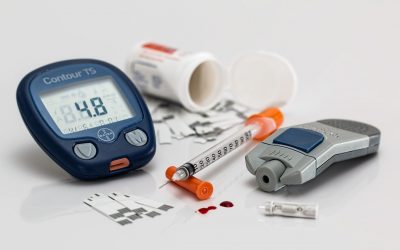Your heart is a muscle and like any other muscle in your body it needs physical activity or exercise to enable it to function effectively. Physical inactivity occurs when you do not move your body over a prolonged period of time, this includes sitting watching tv or sitting at your desk for too long. We’ve probably all been caught by Netflix asking us if we’re still watching the program. This is when its time to get up and move about.
The British Heart Foundation highlight that inactivity can lead to fatty materials building up in your arteries which can lead to a heart attack. Its quite obvious why inactivity would lead to heart disease, we’ve all had days where we’ve had that extra lie in, lazy morning followed by a lazy afternoon which turns into a lazy day. Whilst I can see the benefits of the occasional lazy day it becomes a problem when this starts to be a common occurrence. Its important too set our intentions each day, the days where I wake up early, walk the dog and exercise before I go to work I feel great for the rest of the day. I have released endorphins and don’t have to worry about exercising when I’m tired after work. This may not be appropriate for you but its trying to get you to think about how you can implement activity into every day life. It’s not about exercising daily but starting small and building up your activity.
Being active can reduce your risk of developing heart and circulatory diseases by 35%. Some of the benefits of regular physical activity include controlling and keep your blood pressure within healthy levels, raise your HDL (hero cholesterol), reducing LDL (loser cholesterol), reducing the risk of type 2 diabetes by controlling blood glucose levels and helping you maintain a healthy weight. It will also help your mood. I find when I sit around for too long or go long periods of time without doing anything, I become quite grumpy. If I go for a walk or do some exercise I come back as a different person. Exercising releases endorphins which are known as happy hormones. These boost your mood and relieve any grumpiness. They’re great, and if you don’t appreciate them I can assure you that your partner/ family definitely will!









